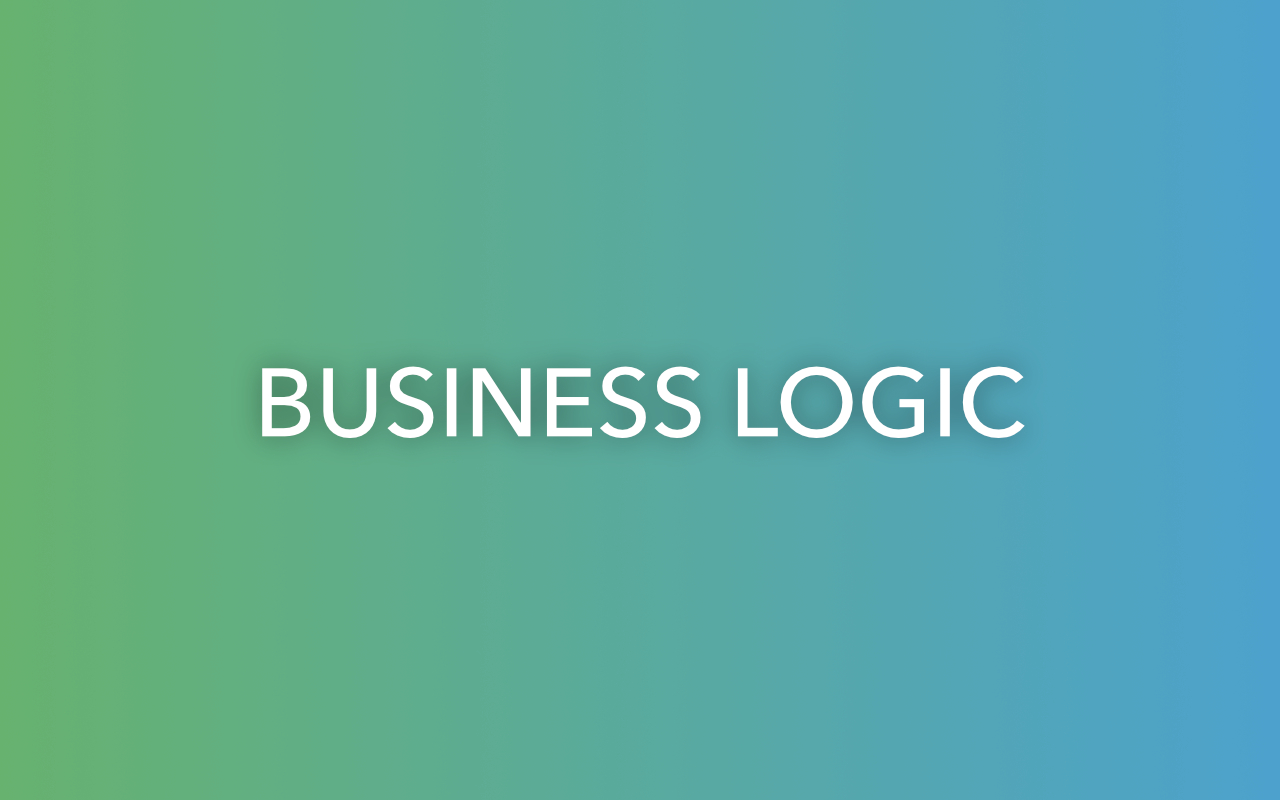Installation
- Copy BusinessLogic folder to the
site/addonsdirectory. - Run
php please update:addons
Usage
Types
- Tags: Custom Tags and Variables.
- Controllers: Custom request handlers.
- API: 100% customizable functions.
Tags
Tags let you access your Business Logic variables on the front-end in your template files. Simply call the {{business_logic}} tag to access the index() function in the BusinessLogicTags.php file. Tags can return strings or arrays.
For additional tags/variables, you can create a method in BusinessLogicTags.php for each one. For example:
public function example() { return 'Howdy';}would be called with {{business_logic:example}}.
Anytime you wish to pass parameters to the tag, you can access them in the function with the $this->getParam() method.
Controllers
Controllers listens for requests from the front-end, handles it appropriately, then returns a response. Responses can be strings, arrays, or JSON. Refer to Laravel's Response documentation for a deeper dive. Take a look at the BusinessLogicController.php file to see example methods an how to call them.
Requests must be formatted in the following way: /!/BusinessLogic/{methodName}. When creating additional methods, the function name must be CamelCase and be prepended with appropriate HTTP Verb. For Example:
public function getExample() { //The HTTP Verb in this case is GET //Thereby only accessed when GETTING /!/BusinessLogic/example return 'Howdy';}POST Requests
POST requests with BusinessLogic can utilize Laravel's Request class (verifing if parameters were passed, etc.).
public function postExample(Request $request){ if ($request->has('foo')) { return 'bar'; }}API
The API can be 100% customized specifically for your business logic needs. Simply add a method to the BusinessLogicAPI.php file like so:
public function exampleCall() { // Any PHP code you want, calling third-party extensions or whatever your needs may be! return 'Sup my dudes.';}To call the API (either from a Tag or Controller):
$this->api('BusinessLogic')->exampleCall().
CSRF
By default, CSRF Protection is enabled by default. To allow Anonymous usage, simple go to the BusinessLogic settings in the Addons section of the Control Panel, and turn the Allow Anonymous toggle to ON.
